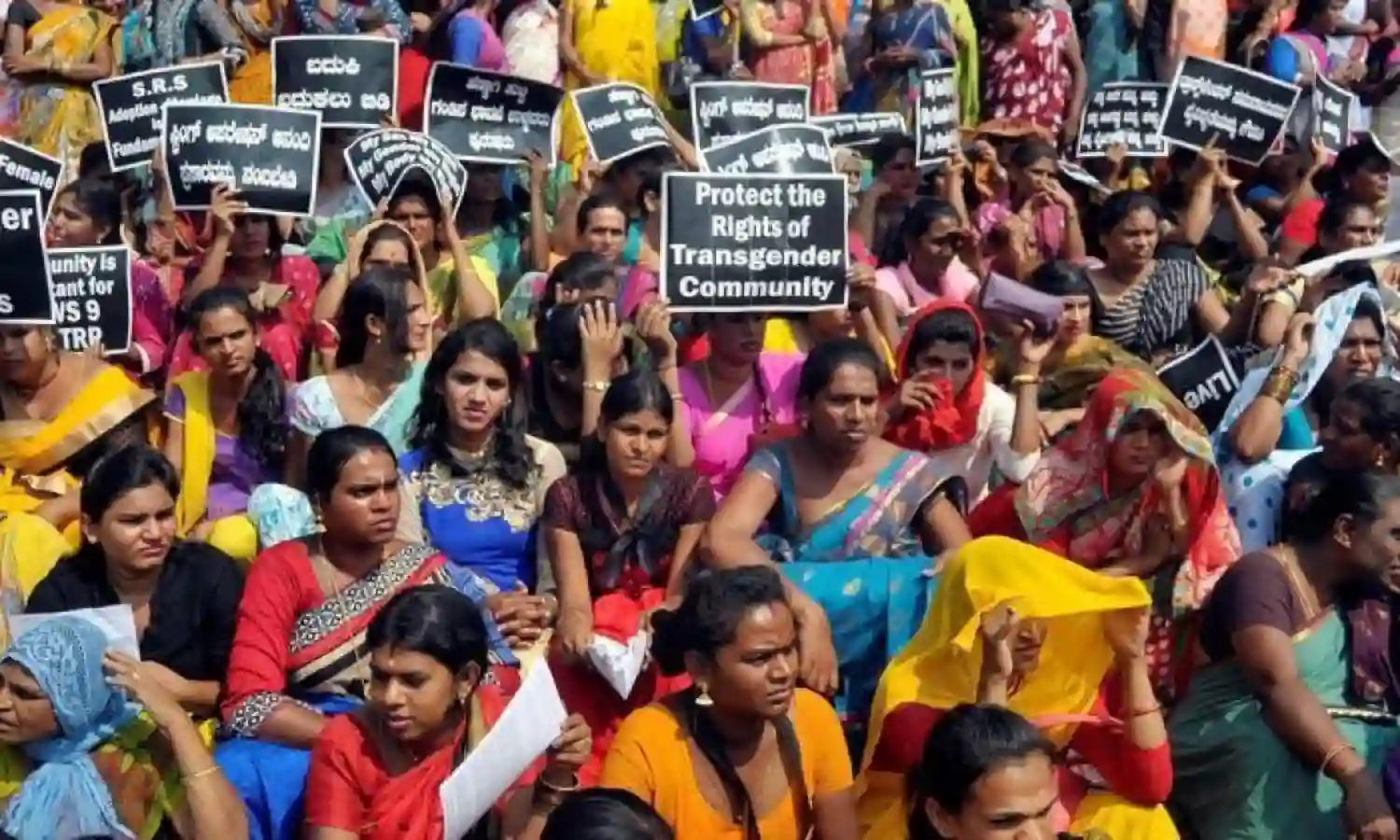Transgender Community Face Increasing Violence Since 377 Ruling
Incidents of harassment and abuse against transgender or kinnara women appear to have escalated

On September 6 2018, the Supreme Court passed a historic judgement decriminalising homosexuality in India and ushering in the legal emancipation of the LGBT community. However, in the backdrop of this being seen as a progressive step towards change, horrifying incidents of violence and abuse against members of the transgender community have cropped up in the national capital.
"In the past one week, we have seen hell," says a transgender woman who claims to have faced harassment in Delhi’s Connaught Place area. "The police is on our tail, no matter what we do. First, they used to disturb us while we were out trying to work but now they don't even let us do that. They chase us away whenever they see us. Even if we are just sitting and having a chat, they verbally abuse us and beat us up... there is no peace," she said.
According to another trans woman, "The police takes rounds and arrests kinnara women for no fault of ours, they assault us and insert lathis into our bodies. We are being tortured by the policemen for no reason.”
Incidents of harassment and abuse against transgender or kinnara women appear to have escalated ever since the Supreme Court judgement against Section 377. According to one of the afflicted women, the brutality began the very day of the judgement.
"Two-three policemen picked us up and took us in custody, we were hung against walls and tortured. They abused us verbally for a long time and then they raped us. We had only been sitting and talking amongst ourselves when they took us away. Is it a crime to exist?" said a kinnara woman who wishes to remain anonymous. "Please do mention the reason for my anonymity. The police are supposed to protect us all but they hate us. I have fought all my life to assert my identity, but right now I would most definitely be killed," she added.
Other kinnaras complain of police harassment when they are trying to earn their livelihood. “We beg for a living as nobody wishes to give us work, because we are kinnaras. But if the police sees us talking to other people, they chase us away or beat us, accusing us of prostitution and public nuisance,” said one of the afflicted trans women.
LGBT activists have already been repeatedly raising attention towards the ordeals of the transgender community in terms of getting employment and housing in the country, a condition that forces them to take to the streets and earn a livelihood by begging. “The police don't let us beg, and they don't let us set up kiosks to sell things either. Is it just because God made us a certain way? They also take away our money, they take our daily earning and sometimes leave nothing for us to survive on,” said a 32-year-old kinnara woman who was allegedly beaten up as well.
In a video posted on social media by Nazariya – a grassroots LGBT-straight alliance that advocates for intersectional activism – two kinnara women, Pinky and Anjali, are seen giving very similar accounts of problems faced by their community at the hands of law enforcement agents. “We want justice... all this exploitation and abuse against the kinnara community should not take place. We need to be provided with equal dignity like any other men or women, our community and the gay community deserves just as much dignity and respect as any other,” they say.
“The police in general and the Delhi Police in particular have been intentionally targeting sexual minorities and harassing us. Our members have been harassed on the street by the police and ‘eve-teased’ for their appearance multiple times. We do not feel safe at pride parades where we are surrounded by our abusers in the name of ‘protection’. The trans community especially has been facing immense hardships from the police personnels irrespective of 377. We need immediate laws that protect the community,” said representatives from Nazariya in a statement to The Citizen.
Nazariya is currently working towards getting legal help and redressal for the transwomen who have been victim to police brutality and mistreatment.
The ongoing and renewed brutality against women from the transgender community so soon after the scrapping of Section 377 brings to light the question of how safe sexual minorities really are in India. According to 17-year old Rishi Raj, a queer activist working with Nazariya, “The verdict on Section 377 is a landmark judgement towards ensuring the dignity of queer folks, but it fails somewhere in protecting us. That our own policemen are harassing innocent trans folk should be strongly condemned by all. We need to raise our voices against the current attitude towards the LGBT community.”
Indeed, without an attitudinal change towards transgender women and other members of the LGBT community in India, real emancipation and equality for them will remain a distant dream irrespective of a constitutional status as equal citizens. While the laws have changed, such violence against transgender women at the hands of the state machinery is testimony to the oppressively low status it actually grants to the LGBT.



